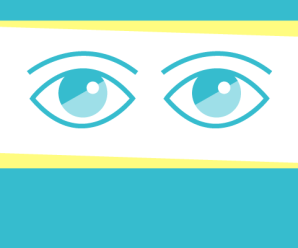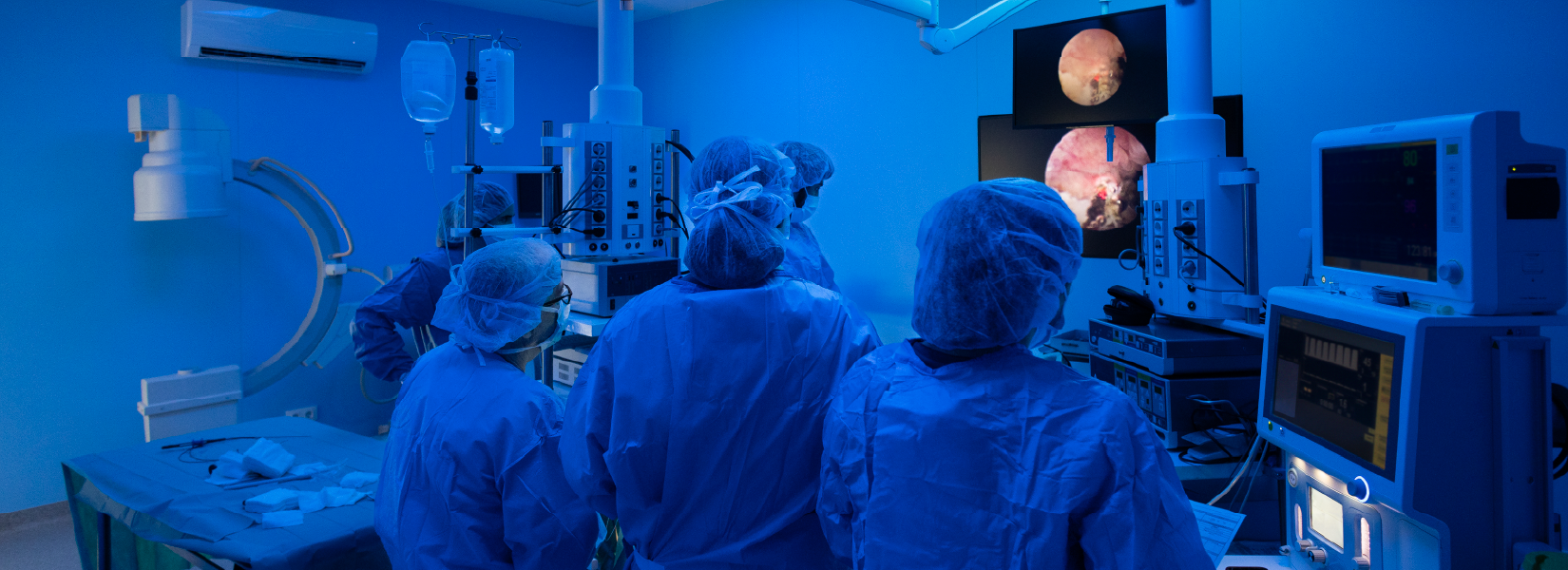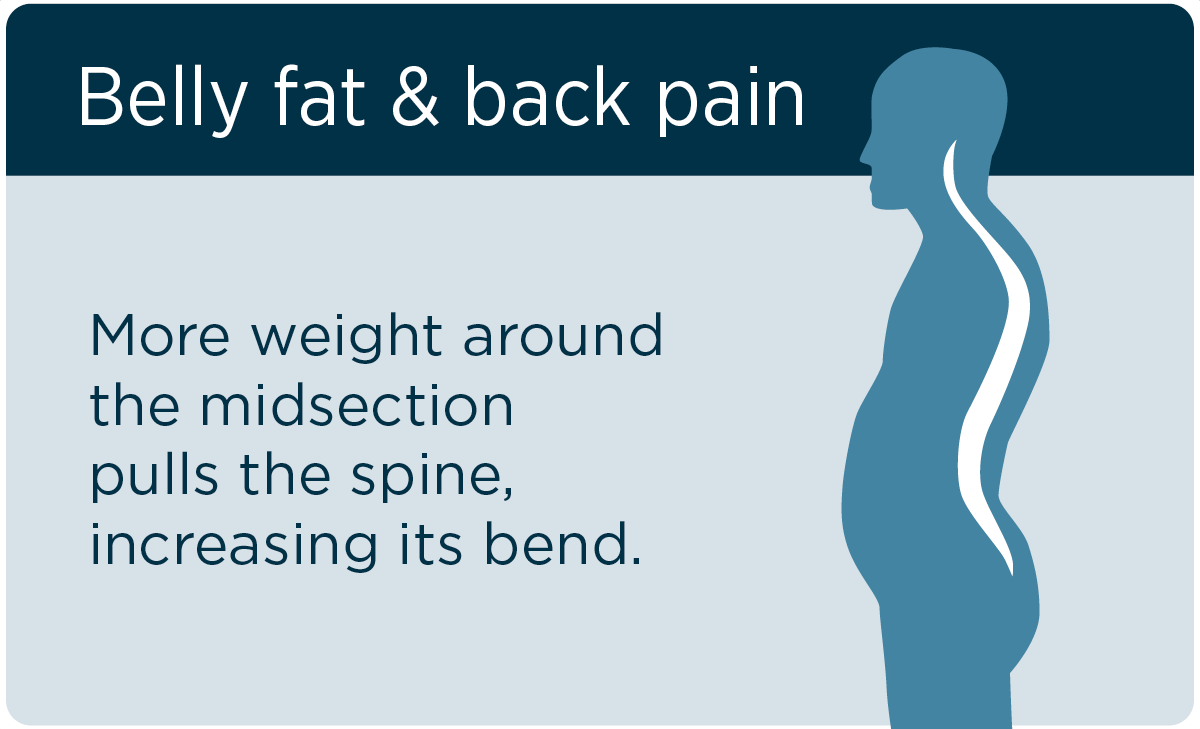 If you’re hearing ringing or other sounds in the ears, it may be tinnitus.
If you’re hearing ringing or other sounds in the ears, it may be tinnitus.
Tinnitus is not a disease but a symptom of a problem in your auditory system.
Ironically, the sound nobody else can hear but you is sometimes the first sign of hearing loss. It can be as simple as a build-up of earwax or a mystery.
What you hear can sound like ringing, roaring, clicking, hissing or buzzing. It can be soft or loud, high-pitched or low-pitched and in one ear or both. About 10 percent of adults, or 24 million people in the U.S., have experienced tinnitus in the past year, lasting at least five minutes in an episode.
Tinnitus can cause other health problems
Most of the time, tinnitus is not a sign of a serious health problem, but if it’s loud or doesn’t go away, it can cause fatigue, depression, anxiety and problems with memory or concentration.
“Stress or anxiety do not cause tinnitus but can make it worse,” said Marshfield Clinic Audiologist Kelly Schultz. “Tinnitus may become louder and more frequent when someone is feeling more stressed. At its worst, tinnitus can cause severe mental and emotional anguish.”
Scientists still haven’t agreed upon what happens in the brain to create the illusion of sound when there is none. One known cause is exposure to loud noises, either over time or from a single event like a bomb blast experienced by military personnel. Others include sinus infections, diseases of the heart or blood vessels, brain tumors, hormonal changes in women and thyroid abnormalities.
Treatment options
Schultz said there are no magic cures. But there are plenty of things she and her colleagues can do to help you manage tinnitus.
“The majority of people with tinnitus have hearing loss, way more than those who don’t,” she said. “It can be intermittent but recurring.”
For those patients, a hearing aid can help mask or cover up the sound. Some are equipped with maskers that produce a low level sound, swapping one sound for another more relaxing sound. You can also check out wearable or tabletop sound generators.
Schultz said smart phone users can choose from thousands of apps online that may provide a similar effect, usually at very minimal cost. However, she also recommends you see an audiologist for a baseline hearing test and for treatment recommendations.






Leave a Reply